About JBMC
Flamstead Estate Jamaica Blue Mountain Coffee
The Flamstead Cultivation
Seeding started during 1728
In 1728, the Governor of Jamaica, Sir Nicholas Lawes introduced coffee seedlings in the parish of St. Andrew.
Coffee production was first reported at Flamstead, St. Andrew, in 1764 and quickly became the toast of the British Empire. Various British Governors have owned sections of the Flamstead property and reveled in the high quality of the coffee produced at Flamstead.
In 1982, Ambassador Carlyle Dunkley, Chairman and founder of Blue Mountain Coffee Venture Limited, acquired a section of the Flamstead property and began farming coffee.
Today, Ambassador Dunkley’s two sons Stephen and Graham, manage the company, which has evolved to include Procurement and Processing works. The hands on detailed management of all the steps involved separates our coffee from any other and its quality is borne out in every cup of coffee.

Growing & Processing
In 2000 BMCV installed a modern coffee pulpery at Flamstead, where we pulp our cherry coffee the same day of reaping. Our coffee pulpery uses the minimum amount of water possible to properly prepare washed Arabica coffee.

Flamstead Estate Coffee
Flamstead Estate’s and other coffee estates owes a major part of their formative development and viability to the Encouragement Act5 of George II. It was the first case of preferential treatment in the British Empire. To encourage the growth of coffee in His Majesty’s plantation in America, the duties for coffee imported from Jamaica was reduced from 2 shillings to 1 shilling 6 pence.
Flamstead Estate’s and other coffee estates owes a major part of their formative development and viability to the Encouragement Act5 of George II. It was the first case of preferential treatment in the British Empire. To encourage the growth of coffee in His Majesty’s plantation in America, the duties for coffee imported from Jamaica was reduced from 2 shillings to 1 shilling 6 pence.
Production State Images from Flamstead, Jamaica
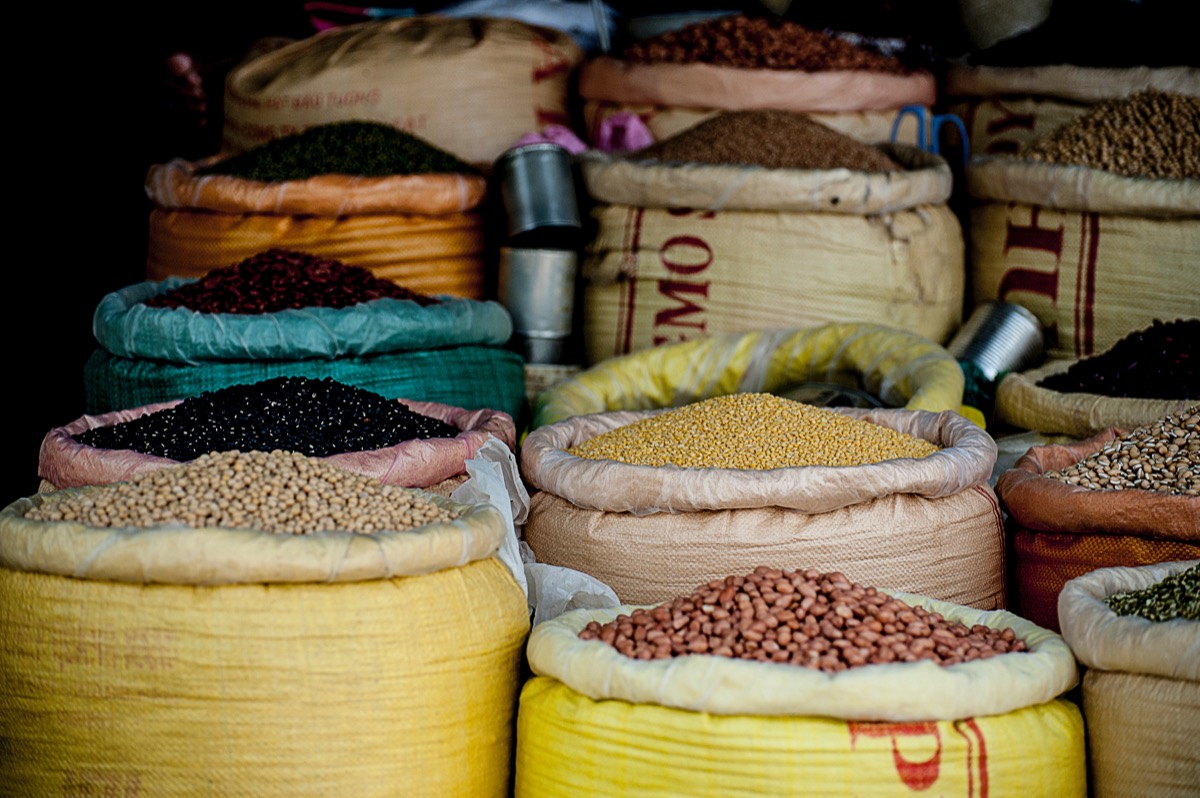
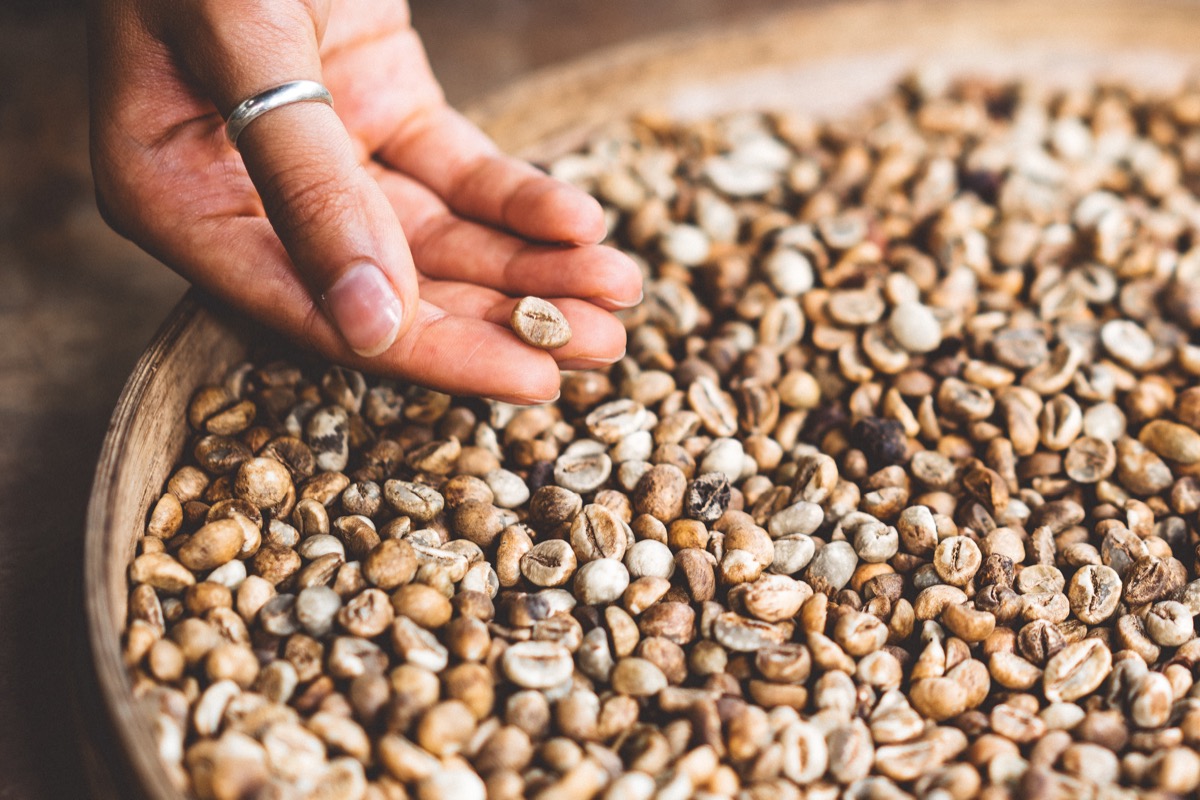
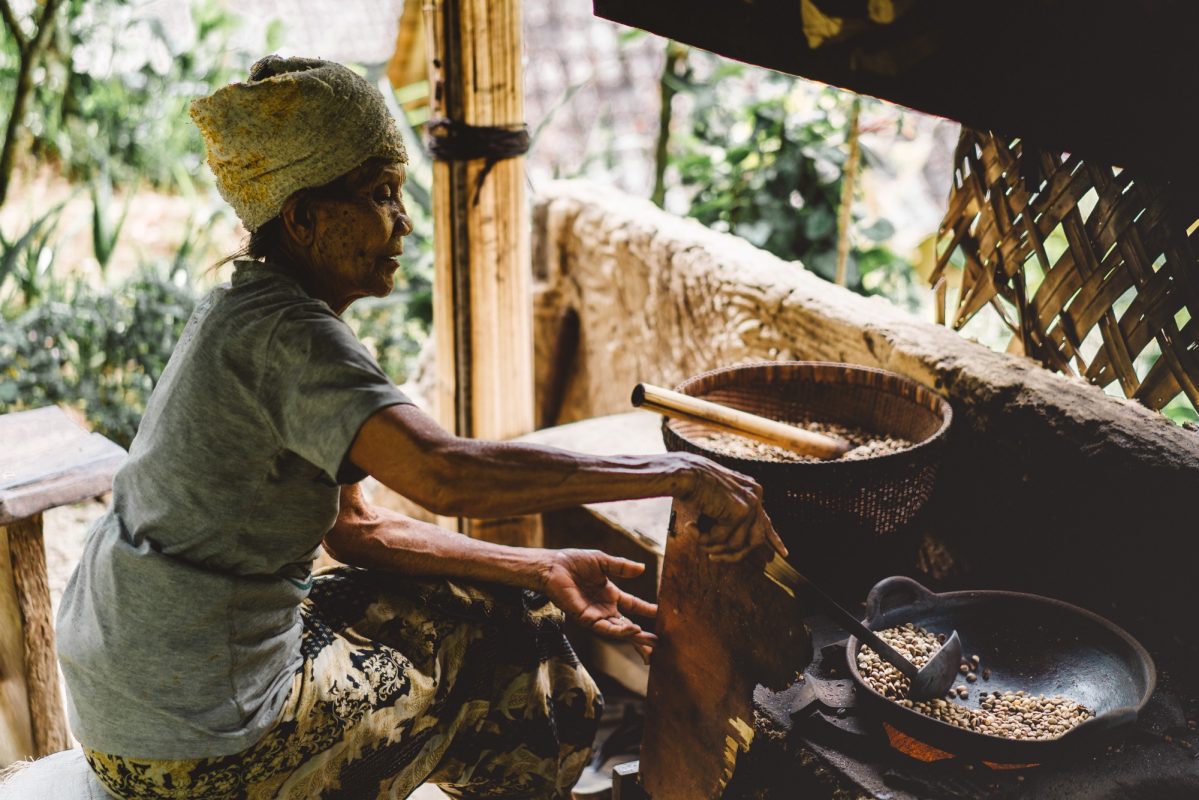
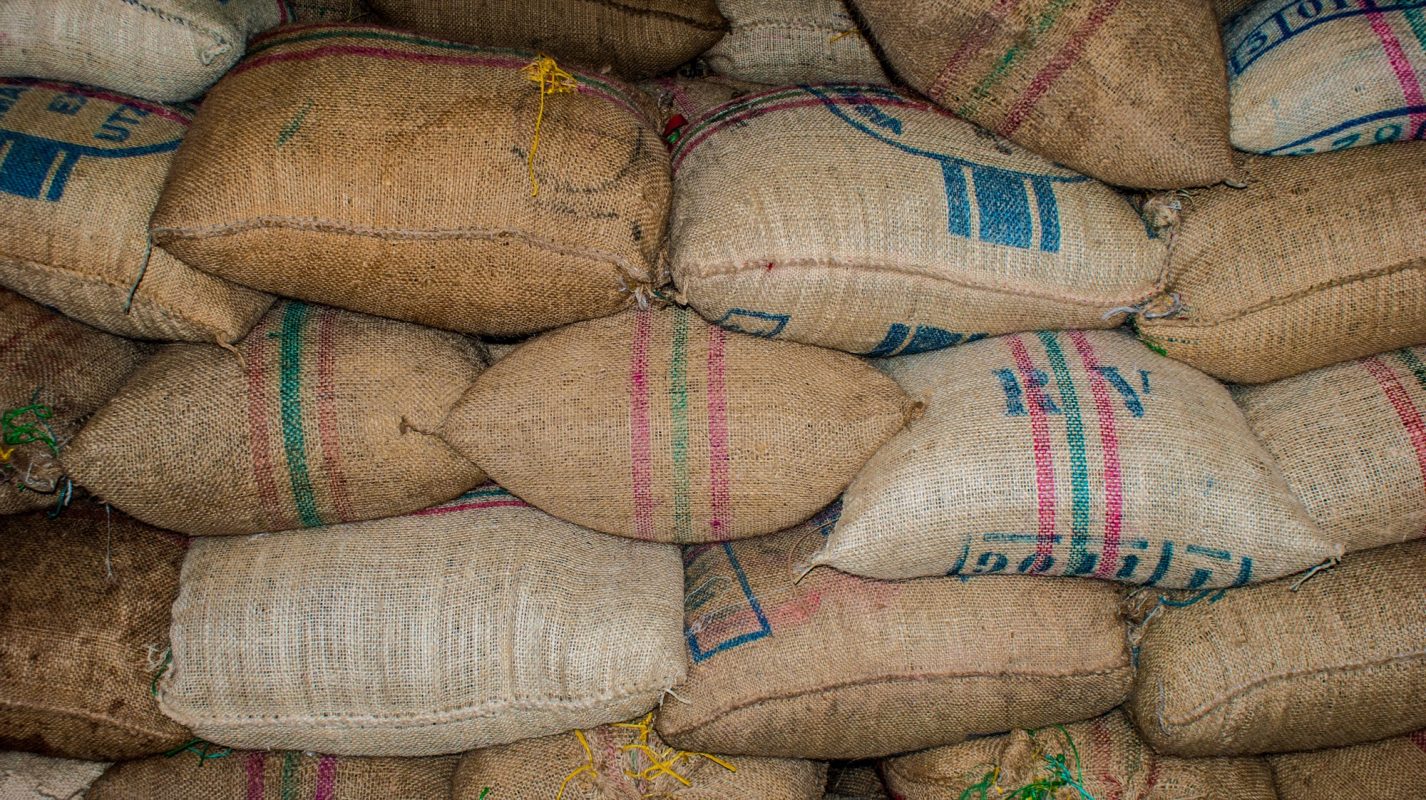
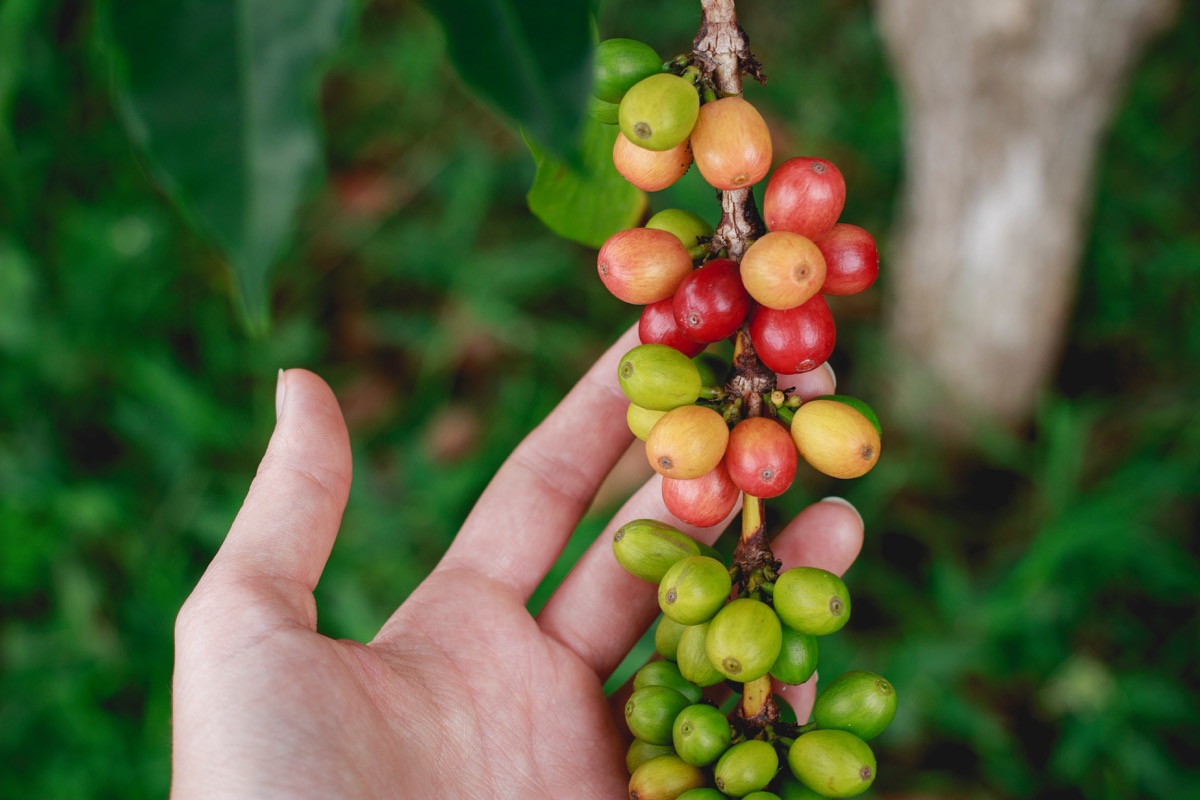
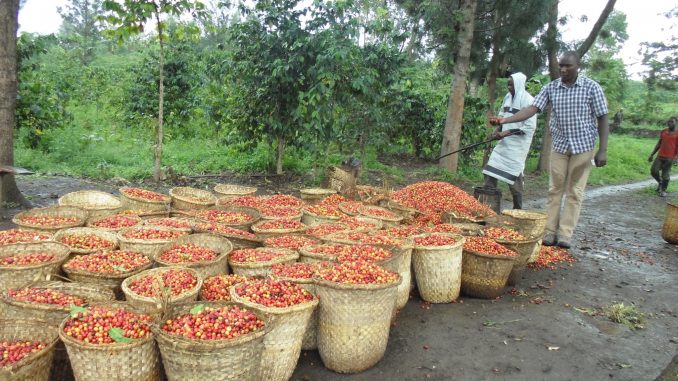
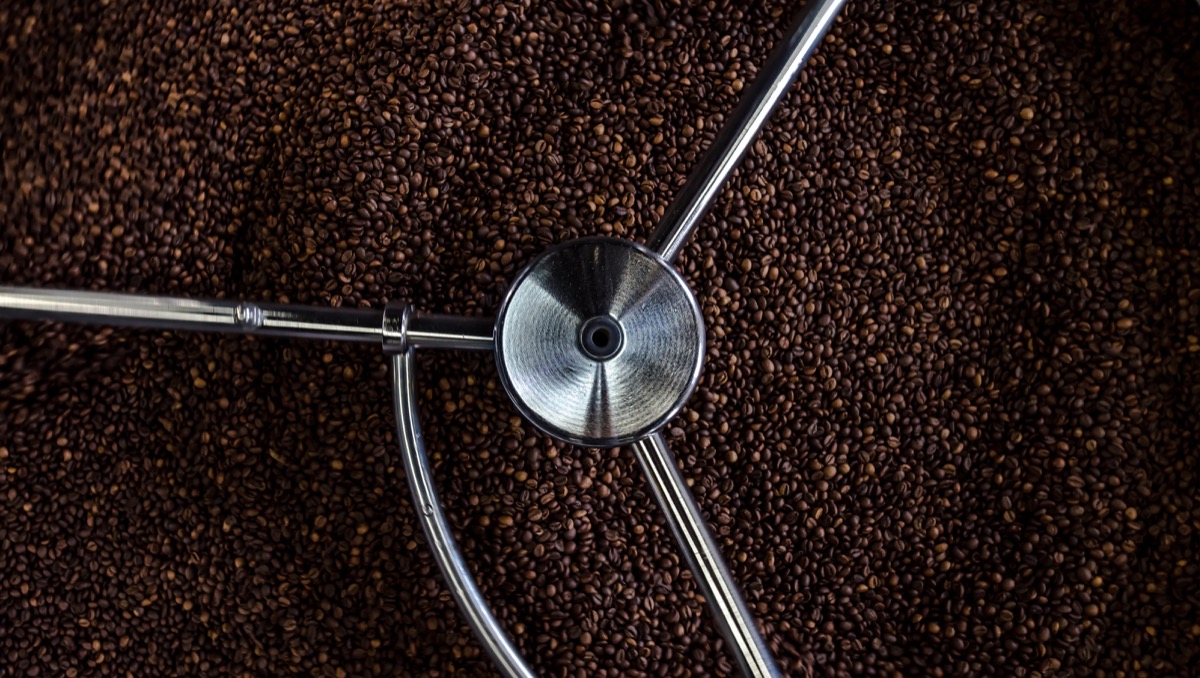
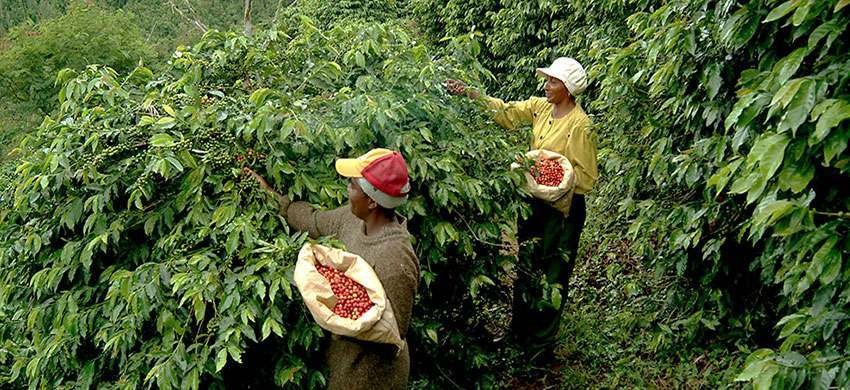
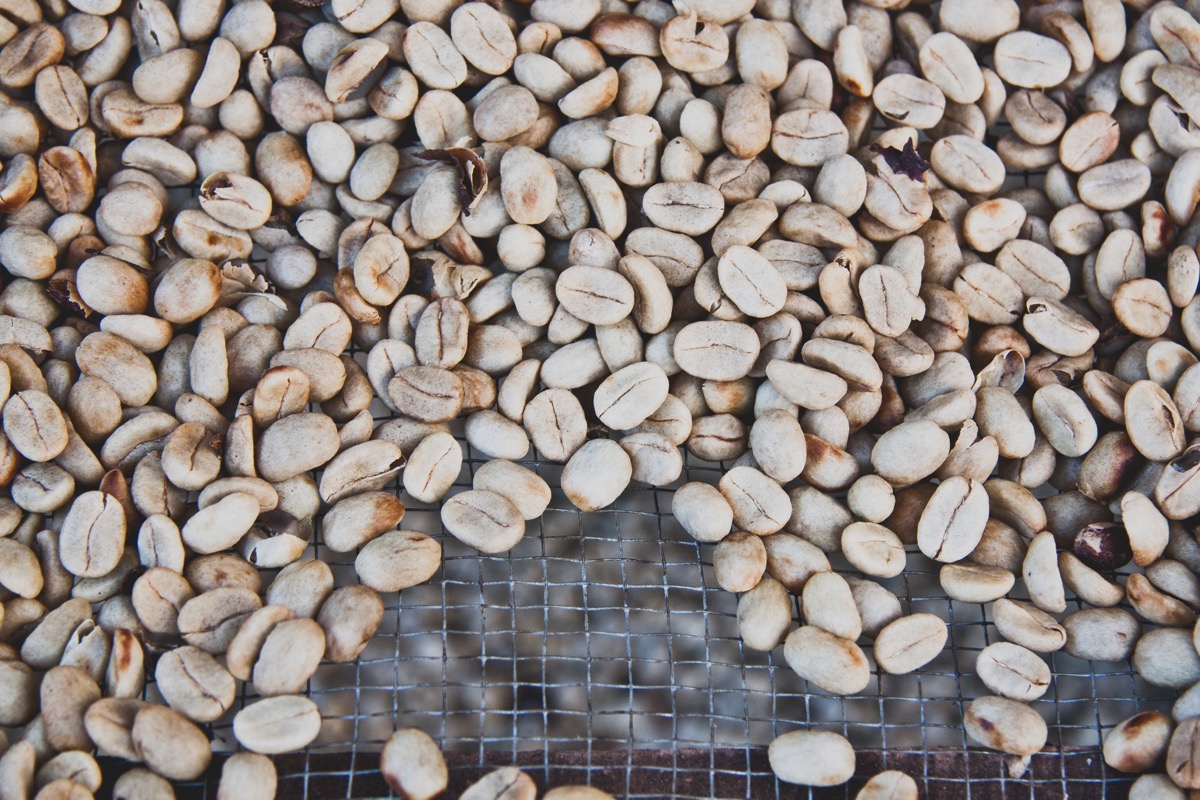
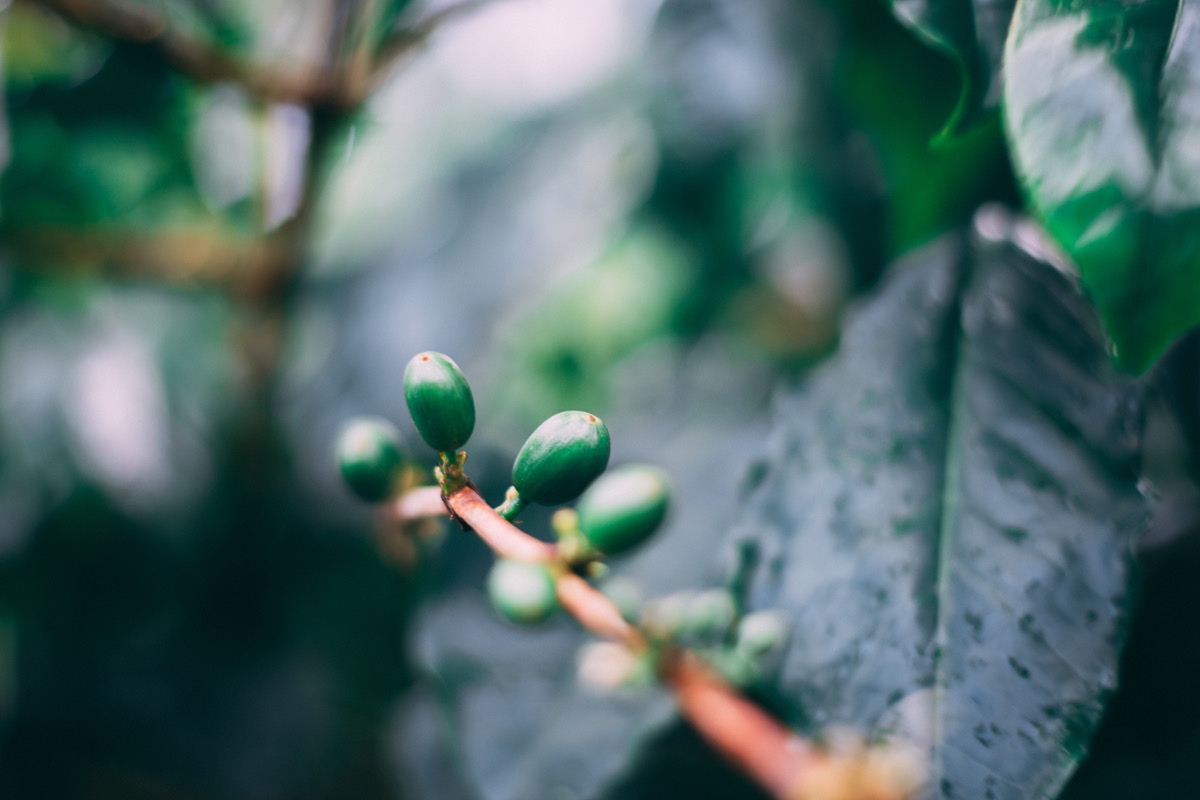
Want to taste JBMC?
Dry Milling our Coffee
Coffee is sun dried on elevated wooden trays exposed to the sun and constantly turned. The parchment receives personal attention and minimal damage. One coffee expert, with over 20 years of experience in coffee drying, described our handling of parchment coffee as excellent, almost as if you are handling a baby.
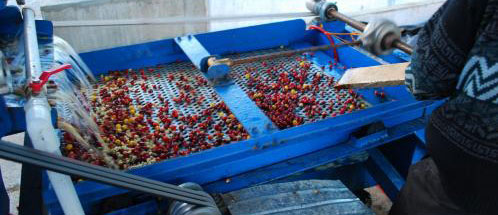

The Dry Mill uses state of the art equipment and a dedicated staff. Here we mill our coffee separating size and density after which our coffee is handpicked to remove defective beans.
Our coffee is then put through detailed inspection internally before being packaged in wooden barrels or burlap bags.
We then deliver to the Coffee Industry Board for evaluation.
At our company we are committed to being responsible to the environment by reducing our impact through:
• Sustainable agricultural practices to ensure water and soil conservation
• Harvesting Rainfall
• Recycling Water
• Reusing Tires (Creation of tire walls)
• Reusing Paper / Cardboard
•Composting Coffee Pulp
• Creating Wetland
• Planting Trees
We do invest environmentally

